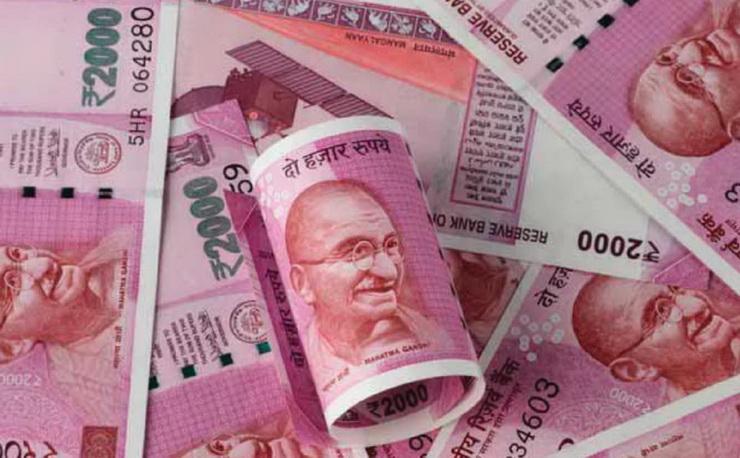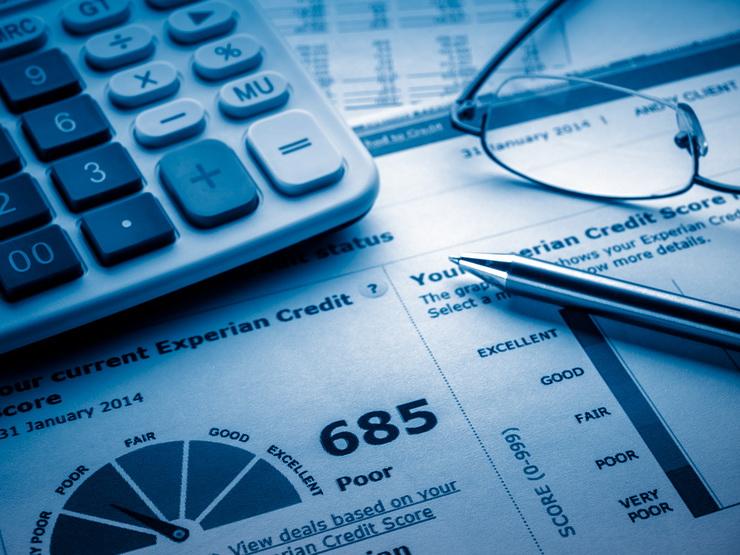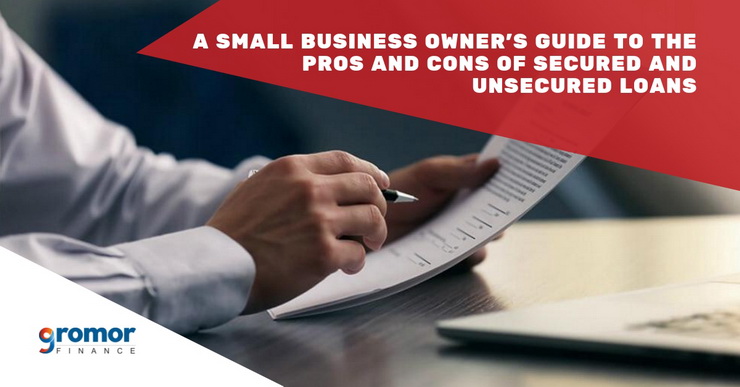Whether you want to expand your small business, hire new employees, purchase equipment or simply upgrade technology – it all requires funds. These needs can either be met from the profits earned by the business or from personal credit raised by the owner. If there arises a shortfall on that front, the most obvious option can be opting for a small business loan.
You could either approach banks, NBFCs or such other institutions to raise a business loan depending upon your requirements. You could either opt for a secured business loan (with collateral) or for an unsecured loan. Let’s understand the pros and cons of each.

Understanding Secured And Unsecured Loans: Pros and Cons
It is necessary to weigh the pros and cons of both secured and unsecured loans before opting for one. Consider these points before taking the plunge.
Secured Loans
The most common and straightforward form of lending is secured loans. Banks usually offer secured loans to small businesses.
They are backed by an underlying asset, also called collateral, such as an equipment or real estate. Only when the entire loan including interest has been paid back to the lender, will they release the deed or title of your property.
In case the borrower defaults, the lender assumes the ownership of the property and recoups the losses by selling it. You can also put up bonds, stocks, personal property, unpaid invoices and even a lien on your business as collateral.
You can opt for secured loans if you wish to restrict your personal risk in the investment or want lower rates of interest and enjoy a longer tenure to pay back the loan.
Pros:
- Lower interest rates are more common with secured loans and this makes it a more affordable repayment solution. Your monthly instalment will be lower than a monthly payment with unsecured loans because you are using a ‘cushion’ for this benefit.
- You have more time to repay the loan and more flexibility to try and reduce the amount you pay per month. This makes it easier for you to meet other financial or personal obligations to fulfil.
- As compared to unsecured loans, you can get a higher loan amount because of the collateral used.
- If you have a poor credit history, you can still get secured loans. Again because of the collateral, the lenders may be a little more lenient because they have protection against default.

Cons:
- In case you default on repayment of the loan, the lender has the right to stake his claim on the collateral. It gives a legal permission to the lender to seize your property without a court order.
- Because of the extended amount of time you have to pay back your loan, the debt will show up on your books for a longer duration.
Unsecured Loans
As the name implies, unsecured loans refer to the type of loan in which you are not required to provide a valuable asset as collateral. It is, in principle, the opposite of secured loans. If the borrower defaults, the lender cannot seize any asset and therefore it is a risky form of financing for the lender. For the same reason, unsecured loans come with certain eligibility criteria and higher interest rates.
Unsecured loans are usually the best bet for small businesses looking for quick loans to meet their working capital requirements or such other other needs.
Pros:
- Since no collateral is attached, you are relieved that the lender cannot under any circumstances claim a lien on your personal property in case of a default.
- Getting an unsecured loan is relatively easier with so many lenders opening doors in the form of NBFCs and peer to peer lending websites. It is possible to get a loan within 3 days, from the comfort of your homes.
It is important, however, to provide a proof of a stable & secure source of income. Whether you qualify for a loan depends upon several factors like the number of years you’ve been in business, the soundness of your financial statements, and your credit score.

Cons:
- If you default on your loan, the lender cannot seize any assets but he sure can sue you in court. Under such circumstances, a lender may be able to place a lien on your assets and you can end up paying the original loan amount and late fees along with the attorney fees and court costs.
This will put a huge strain on your credit score and will pose problems for any loans you might want to take in future.
- The lender makes a profit on the loan by the interest charged from you. In case of a default, the lender is left with no profit at all. To avoid this, the lender will go to great lengths to limit the risk of borrower’s default. They will check your credit reports and in the case of unsecured loans, might limit the amount of money they lend you.
Since unsecured loans are riskier, lenders charge a higher rate of interest as compared to secured loans.
For businesses that are just starting out, a secured loan might be the only option. Alternatively, they could also opt for unconventional sources of funds like crowdsourcing, approaching angel investors, etc. The Government has also devised initiatives and schemes to help small businesses to meet their funding and growth needs.
Established business owners who can afford to pay higher interest rates but need the cash quickly and in larger amounts, unsecured loans are the best option.
Partially secured loans are also an option where collateral is required but does not have to cover the entire amount of the loan. It is less risky for lenders and they enjoy some return in case if borrower defaults. This will also result in lesser interest rates and larger amounts of cash.
Only once you have clarity regarding secured and unsecured loans and established an understanding of their pros and cons, should you go ahead and decide what suits you best.
Get in touch with Gromor today to avail an unsecured small business loan!


